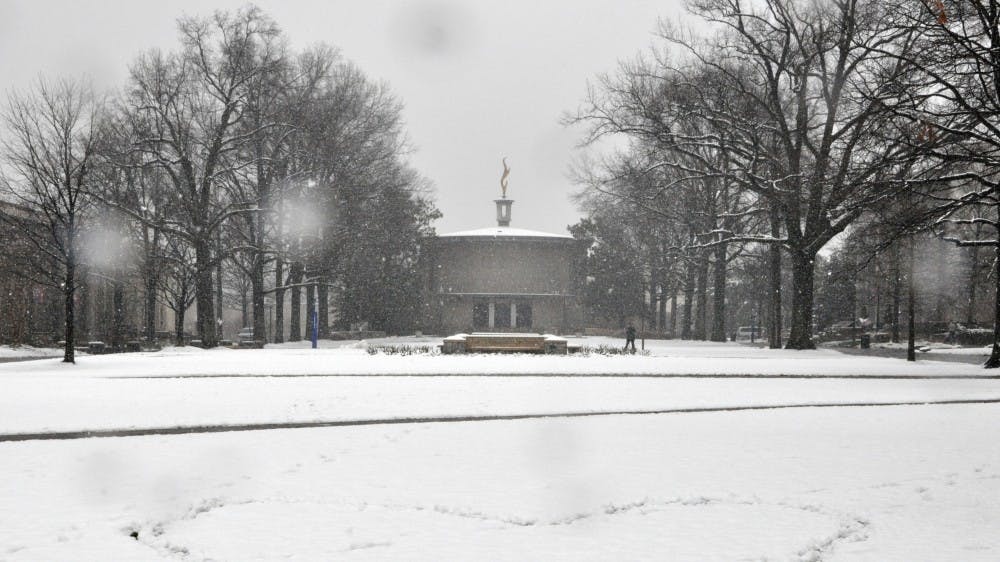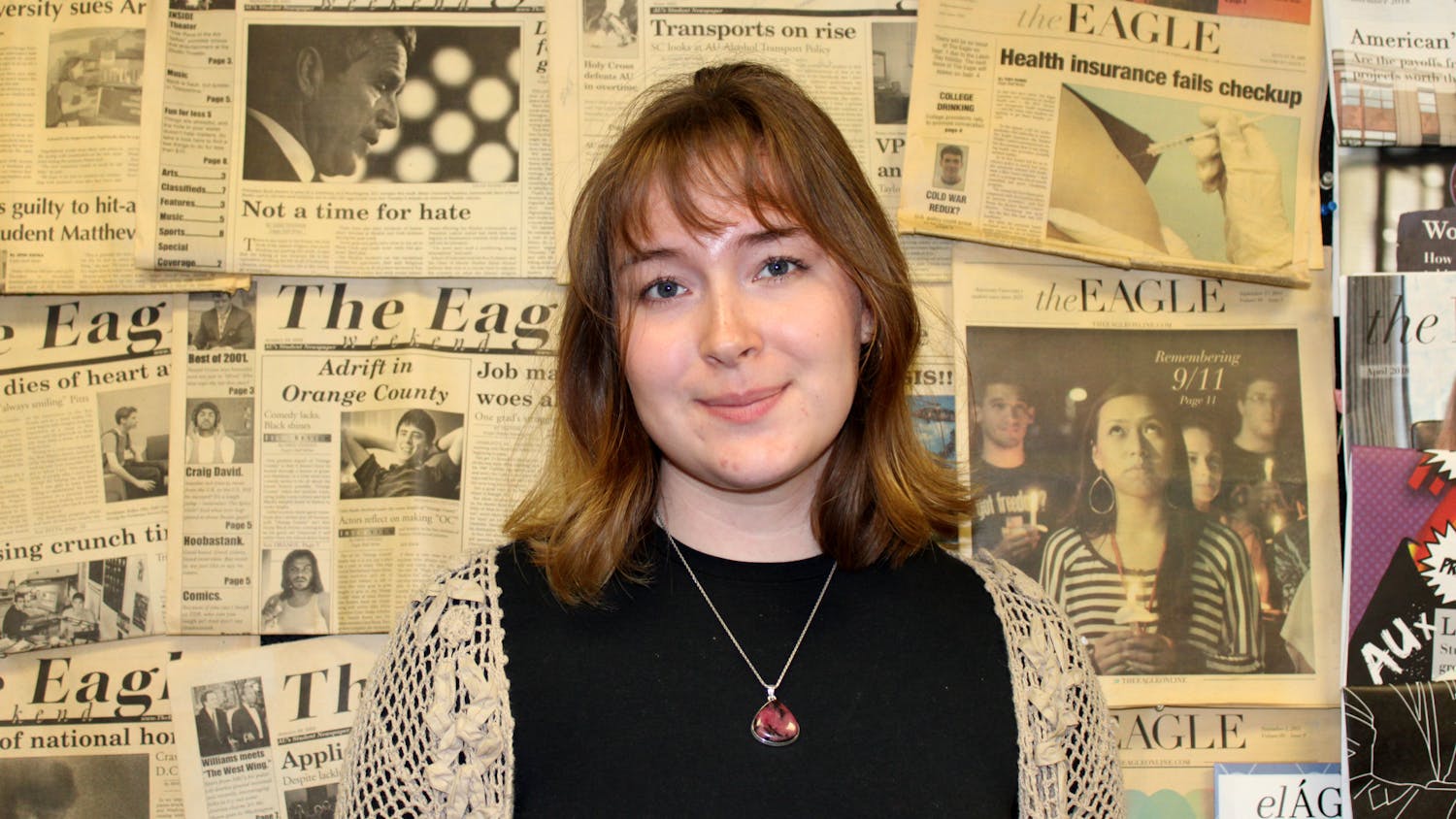The Washington Post’s Capital Weather Gang may have declared on March 28 that “winter is over,” but it wasn’t before 17 days with measurable snow. At AU that translated into six snow days and three separate delays dating back to December.
It goes without saying that this has been disruptive, preventing classes from meeting that have been cancelled due to weather as many as three or four times. One block class I’m in didn’t meet for a month because of the snow and spring break.
It’s worth examining exactly how this happened. Yes, weather is inherently random and unpredictable, but relatively speaking this isn’t that much snow. It’s certainly not a lot for New England or Midwest transplants who take every D.C. snow day as a chance to revel in their own false sense of superiority. Even President Barack Obama snuck in a joke at the District’s expense a few years back.
But the regional disparity is real. During a storm that closed the federal government and public schools in addition to AU on Feb. 13 and 14, the city of Boston remained open under similar weather conditions both days.
This is certainly due in part to the absence of infrastructure that does exist in cities where it snows more. Snowfall varies considerably from year to year, and the mid-Atlantic winter is usually mild, similar to states in the South. Because of this, the investment in snow plows and road salt isn’t nearly at the level of Obama’s native Chicago. The Windy City budgeted about four times as much for snow removal as D.C. did this year, according to The Washington Times.
That’s only half of the story. The other half is the culture of genuine panic that envelops the city whenever more than an inch of snow is so much as even forecast. Local and national media cover the storms breathlessly and provoke public anxiety. Citizens rush to stock up at supermarkets as if the zombie apocalypse is on the way. It brings out the worst in already mediocre drivers. Amid all of this, the federal government shuts down. Public schools close. Students run to Facebook to ask indignantly why their classes haven’t been cancelled. AU is just one symptom of the fever.
The safety of students, professors and staff should be paramount, but this level of concern needs to be reserved for events in which safety is actually in question, like Snowmageddon in February 2010 or the extreme heat/thunderstorm event derecho in June 2012.
It’s worth noting that the city is vulnerable to the effects of climate change and will need to be prepared for weather emergencies moving forward. As the Natural Resources Defense Council outlines, extreme heat and flooding are real threats to the District.
More public investment and preparation will have to accompany a calmer, less excitable populace. Judging by the reaction to several inches of snow, we’re not nearly ready for what’s coming.
Devin Mitchell is a sophomore in the School of Public Affairs.





